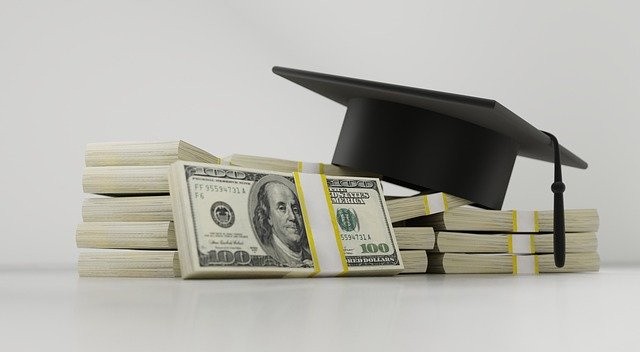How to Postpone or Lower Your Student Loan Payments During the COVID-19 Pandemic

Lots of misfortunes came with the COVID-19 pandemic such as losing a job, lost gig hours, and other income-earning-related events. Without a stable source of income, a person will find it difficult to pay for rent, food, and other basic needs.
One way to cover your basic needs during these trying times is by lowering student loan payment. Those with student loans are given the option to pay a lower amount in the short-term or indefinitely, says an article.
Check these out:
- Nationwide Lockdown Declarations Around the World to Combat COVID-19
- US Government Plans to Release Special Funding Amid COVID-19 Spread, Including Checks to Citizens
- 17-Year Old Develops Website That Allows You to Track COVID-19 Cases in Real-Time
On March 13, the federal student loan waiver was announced by the Department of Education by the United States of America. It should be noted that it would lower your student loan payments now.
However, it helps limit the total interest that accrues from the loan. This allows a shorter repayment period. Also, it should be known by everyone that this federal repayment option for student loans is the best compared to the conventional one.
Here are some ways on how to postpone or lessen student loan payments until your earning capacity improves:
Shift to an Income-Driven Repayment Plan
One of the most helpful programs for federal student loan borrowers is an income-driven repayment scheme. This payment option for student loans makes the monthly income of the borrower coincide with its loan payments. This is one of the many options you may choose. This is helpful right now due to the income constraints of people due to the COVID-19 conflicts. Also, this is perfect for those who do not know when their earnings will recover.
The plan allows you to pay only between 10% to 20% of your monthly income as your monthly student loan payment. This allows you to not pay anything if your monthly income is $0.
This plan does not require you to go back to your original payment plan if your income increases. This can be applied indefinitely with or without the novel coronavirus pandemic.
Apply for a Federal Deferment or Forbearance
Temporarily, you can postpone student loan payments through deferment or forbearance. The option where you will qualify will depend on your circumstances. In many situations, a person can postpone student loan payments up to three years over the lifetime of the student loan.
This is possible during unemployment deferment, economic hardship deferment, and general forbearance.
Normally, the interest will continue to accrue in both cases. The only exception for this is for borrowers with subsidized federal loans. In this situation, the government is the one giving out the payment for the interest during periods of deferment. At the end of the deferment or forbearance period, the accrued interest will be added to the balance. This increases the amount of your total student loan.
Communicate with Your Private Lender
Almost everyone is being economically affected by the COVID-19 pandemic. People are losing jobs and customers due to the widespread home quarantines and lockdowns.
Borrowers of private student loans have lesser options. The reason for this difference is that private lenders are not required by the law to provide similar protections provided by the federal government.
Despite these limitations, there are some private lent who offer forbearance and other repayment options for their borrowers. This helps reduce a borrower's bill or interest rate. Communicate with your lender about ways on how to postpone payment without needing to pay the balance of interests accumulated during the period of payment postponements.
Subscribe to Latin Post!
Sign up for our free newsletter for the Latest coverage!

















